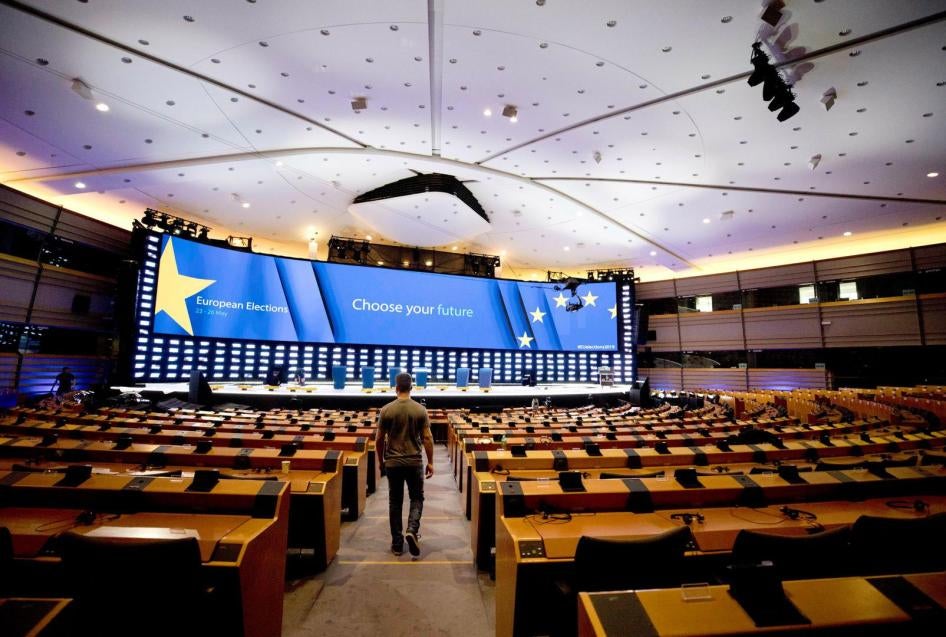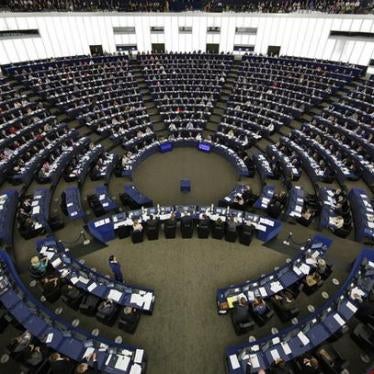(London) —The doomsday prediction that radical right populists would double their seats in last month’s European elections did not materialize. In fact, the picture was mixed. But to sit back and celebrate would be premature.
Radical right populists increased their vote share from around 20 percent to 25 percent, but Greens and Liberal parties also made significant gains in many EU states. Among the populists already in power, the Lega in Italy, Fidesz in Hungary, and Law and Justice party (PiS) in Poland did well despite domestic opposition. The far-right Alternative for Germany (AfD) gained seats in Germany and Marine Le Pen’s National Rally held onto most of its seats in France. In the Netherlands, a new euroskeptic populist party effectively replaced Geert Wilders’ Freedom Party (PVV).
The analysts at the German weekly Zeit had it right with their colorful patchwork map analysis, noting that “every political creed is in the majority somewhere.” But that conclusion and the fact that the radical right populists fared less well overall than some feared is no reason for complacency. This election result continues the steady gains radical right populist parties have made over two decades in the European parliament.
Given how fragmented support for political parties is, these parties in government in some countries – Italy, Poland, Hungary – may well further cement their grasp on power at home. That will enable them to continue to pursue domestically, and to seek to export, rights-abusive policies on migration, civil society, or independent courts. That risks remains even if such policies are ultimately blocked at the EU level.
The steady support for such parties and their anti-human-rights agenda perpetuates the risk that mainstream parties, whether on the left or right, will seek to emulate their platform and rhetoric. While the strategy has generally failed to deliver a boost at the polls, it has had a corrosive effect on politics, normalizing toxic xenophobic, anti-Muslim, anti-Semitic and anti-Roma rhetoric and legitimizing abusive migration policies.
Over the next five years, European parliament members who care about rights need to stay alert. They will need to build bridges between fragmented political alliances working to detect and resist attempts by radical right populists to drive down human rights standards. It also means getting their party colleagues at home to resist the temptation to chase votes in domestic elections by mimicking radical right and far right populists and undermining support for human rights.









